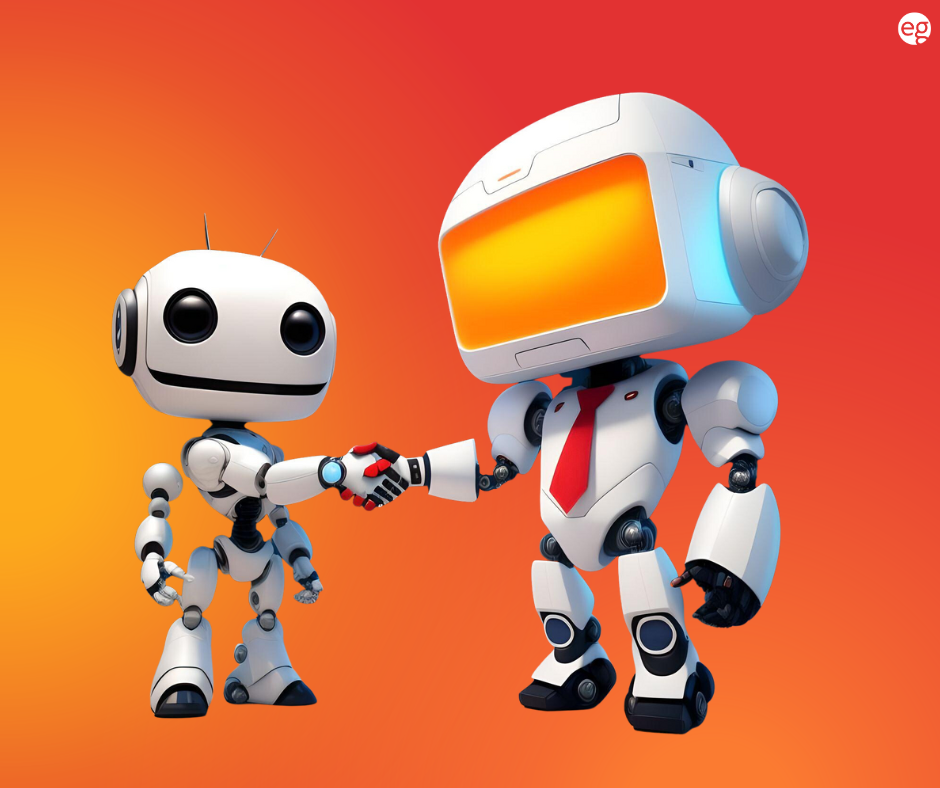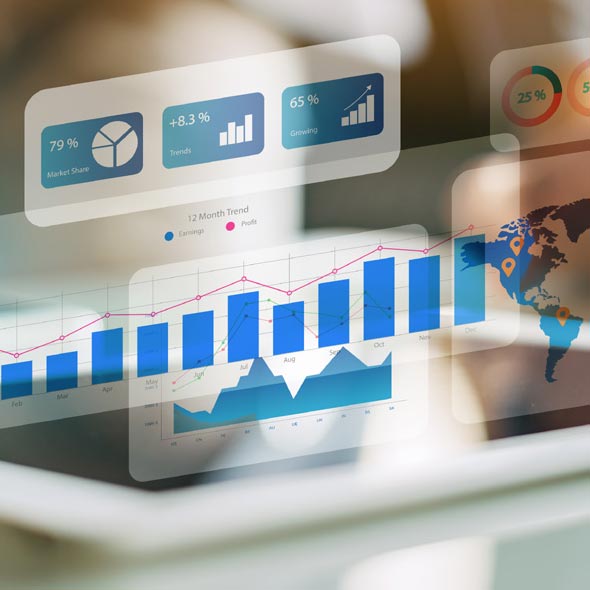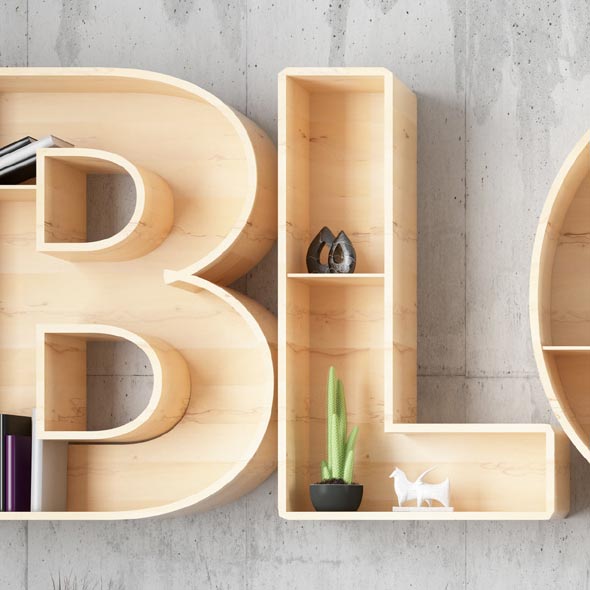AI: The Future of Talent Acquisition

Will AI take out the “human” in human resources? The demand for AI human resources software is huge – and only growing in talent acquisition.
Human resources teams are seeking solutions to speed up the recruiting process, payroll, employee records management, and onboarding. Analysts estimate that 63% of businesses are willing to use AI for human resource analytics, and the market for AI in human resources will grow at a compound annual growth rate (CAGR) of nearly 6% by 2028.
How HR Teams are Embracing AI
A recent survey from SkyQuest on the HR technology market among mid and large-level businesses, 81% of respondents said that they are using some form of HR software. The following are key takeaways from the survey:
- 86% feel AI has improved communication between management and employees
- 88% feel that it has helped them track employee development
- 74% of respondents use AI technology to monitor employee performance
- 53% said that it helps them identify and prevent fraud and abuse
This aligns with other research that suggests AI’s usage in human resources is expected to grow in the coming years. In Eightfold AI’s report The Future of Work: Intelligent by Design:
- 78% of HR professionals are using AI in employee records management
- 77% are using AI in payroll processing and benefits administration
- 73% are using AI in recruiting and hiring
- 72% of HR professionals are using AI in performance management
- 69% are using AI to onboard new employees
HR professionals feel that the top three challenges are managing compensation expectations, meeting post-pandemic workforce demands, and reducing high turnover rates. They face a common challenge: hiring qualified talent and convincing them to stay. HR teams across industries are embracing AI for its ability to streamline processes, allowing them to focus on complex tasks, such as improving retention.
Benefits of AI in Talent Acquisition
AI can help HR professionals streamline the recruitment process by automating administrative tasks such as resume screening and candidate communication. This can save time and resources while ensuring that the most qualified candidates are identified.
There are three main ways to use AI in the hiring process:
- Sourcing: to find and connect with qualified candidates quickly
- Screening: to discover the most qualified candidates from the talent pool
- Interviewing: to facilitate remote hiring
Some of the current AI tools for HR professionals include chatbots, personality and skill assessments, culture fit assessments, and resume screening tools. Some examples of AI tools used in talent acquisition include Mya, Olivia, and Jobpal for chatbots, XOR.ai for AI assistant tool, and Vervoe for resume screening tool.
AI tools can also be integrated into applicant tracking systems (ATS) and customer relationship management (CRM) systems to help HR professionals manage candidate data more effectively. Additionally, AI can be used for predictive analytics to identify the most qualified candidates for a given job role based on past performance and other data points.
Additionally, AI can help reduce bias in the selection process by removing human judgment and relying on data-driven insights from skills assessments. AI can also improve candidate experience by providing more personalized communication and reducing the time it takes to complete the recruitment process. This can help organizations attract top talent and improve their employer brand.
Impact of Using AI in Talent Acquisition on Job Seekers
AI can have a significant impact on job seekers. On the positive side, AI can improve the candidate’s experience by providing more personalized communication and reducing the time it takes to complete the recruitment process.
Many companies have implemented and still rely on remote hiring. Video interviews, in which the candidate records a video of themselves based on generated prompts and submits it for review, are screened by AI tools. These video tools allow the candidate to stand out.
However, job seekers may also have concerns about the use of personal data and the potential for bias in the selection process. This presents a skills gap for candidates who may not understand how to optimize their resume for ATS or talk-to-camera skills in a video interview – but have the right mix of skills and personality to be your best candidate. HR professionals should be transparent about their use of AI and ensure that candidates are treated fairly throughout the recruitment process.
AI can be a powerful tool for HR professionals in talent acquisition. By leveraging AI effectively, organizations can improve efficiency, reduce bias, and make data-driven decisions. However, it is important to understand the potential impact on job seekers. By disclosing the use of AI in recruitment, organizations can reap the benefits of AI while ensuring that its use is fair and responsible.
About EG Workforce Solutions
We’ve been in this business for decades and have developed a deep network of professional connections. Whether they’re companies looking for talent, job seekers looking for work, or an up-and-coming store in need of some temporary help, we know the right people to bridge the gap between the hiring and the hired.
But what’s more, we get to know people. From employers hiring to candidates looking, we take the time to listen and learn. We hear your likes, talents, and needs. We gain an understanding, and with it, we’re able to facilitate lasting relationships between businesses and people.
Back to Blog Page




